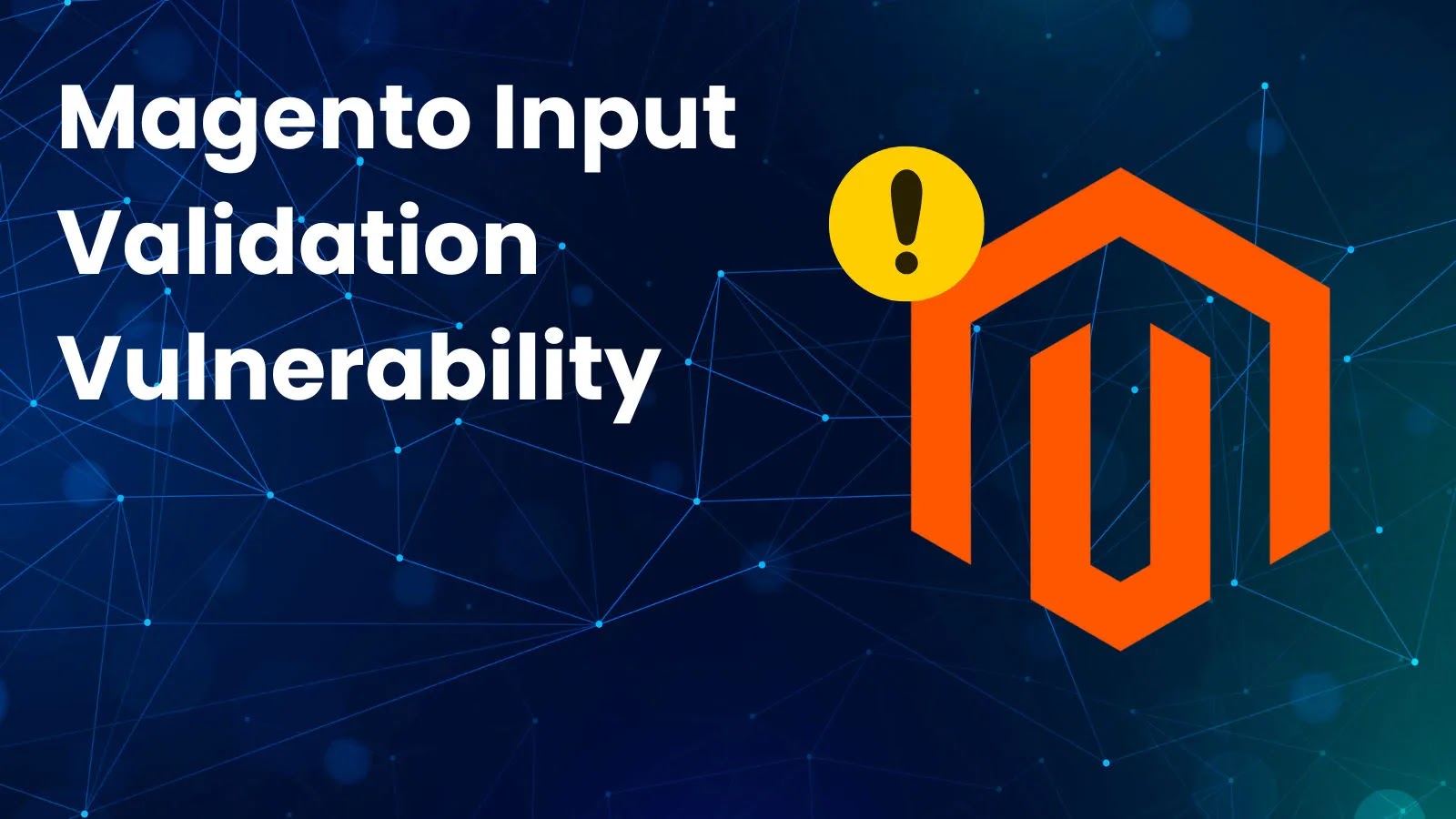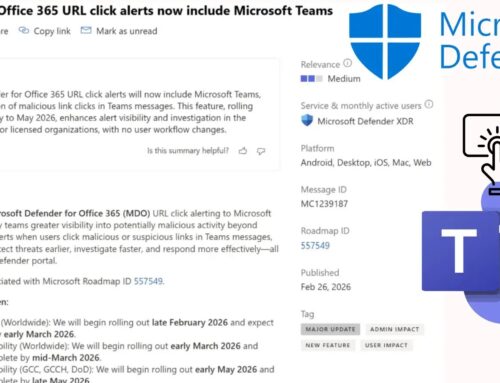
Magento Input Validation Vulnerability Exploited In Wild To Hijack Session And Execute Malicious Codes
In the high-stakes world of e-commerce, the security of online storefronts is paramount. A single vulnerability can lead to devastating data breaches, financial losses, and irreparable damage to customer trust. Retailers relying on the omnipresent Magento platform, now known as Adobe Commerce, are currently grappling with the fallout from a critical input validation flaw actively being exploited in the wild. This vulnerability, dubbed SessionReaper and tracked as CVE-2025-54236, poses a severe threat, allowing attackers to hijack user sessions and potentially execute malicious code. Understanding its mechanics and implementing timely remediations are crucial for safeguarding digital retail operations.
Understanding the Magento Input Validation Vulnerability (CVE-2025-54236)
The core of the SessionReaper vulnerability (CVE-2025-54236) lies in improper input validation within the Adobe Commerce platform. Input validation is a fundamental security control designed to ensure that data submitted by users conforms to expected formats and types, preventing malicious or malformed input from being processed by the application. When this validation fails, an attacker can supply specially crafted data that the application mishandles, leading to various security compromises.
In the context of SessionReaper, this flaw allows attackers to manipulate input in such a way that they can hijack active user sessions. A session hi-jacking attack enables an attacker to assume the identity of a legitimate, authenticated user, gaining unauthorized access to their account, viewing sensitive information, and performing actions on their behalf. The severity of this vulnerability is escalated by the potential for remote code execution (RCE) in certain scenarios. RCE allows attackers to run arbitrary commands on the server hosting the Magento store, giving them full control over the e-commerce platform and its underlying infrastructure. This could lead to:
- Data exfiltration of customer information, including payment details.
- Defacement of the website.
- Injection of malicious code (e.g., credit card skimmers).
- Complete compromise of the server.
The discovery that this vulnerability is being exploited in the wild underscores its immediate and critical threat to online retailers. Reports indicate that over 250 Magento stores have already been impacted, highlighting the urgent need for action.
Impact on E-commerce Businesses and Online Retailers
The implications of CVE-2025-54236 for e-commerce businesses are profound. A successful exploitation can lead to a cascade of negative consequences:
- Financial Loss: Direct theft of funds through compromised accounts, fraudulent purchases, or the sophisticated injection of payment skimmers.
- Data Breach: Exposure of sensitive customer data, including names, addresses, contact information, and potentially payment card details (if not properly isolated). This can result in regulatory fines (e.g., GDPR, CCPA) and significant reputational damage.
- Reputational Damage: News of a security breach erodes customer trust, leading to decreased sales and a lasting negative perception of the brand.
- Operational Disruption: Magento stores may need to be taken offline for remediation, causing lost sales and operational downtime.
- Legal and Compliance Issues: Failure to protect customer data can lead to lawsuits, regulatory investigations, and penalties.
For online retailers, whose entire business model relies on the security and trustworthiness of their digital storefront, vulnerabilities like SessionReaper represent an existential threat. The potential for attackers to hijack sessions and inject malicious code directly into the customer journey is alarming, requiring immediate attention.
Remediation Actions for Adobe Commerce (Magento) Users
Proactive and timely remediation is essential to mitigate the risks associated with CVE-2025-54236. Adobe Commerce users should prioritize the following actions:
- Apply Patches Immediately: Adobe will release security patches addressing CVE-2025-54236. Monitor official Adobe security bulletins and apply these updates as soon as they become available. Verify successful patch application.
- Review and Harden Input Validation: Conduct a comprehensive review of all user input points within your Adobe Commerce installation. Ensure that robust input validation is in place, especially for fields that handle user-provided data such as customer information, search queries, or form submissions. Implement whitelisting validation wherever possible (only allowing known good input).
- Implement Web Application Firewall (WAF): Deploy and configure a WAF to filter and monitor HTTP traffic between your Magento store and the internet. A well-configured WAF can detect and block malicious input patterns and attempted session hijackings, providing an additional layer of defense.
- Regular Security Audits and Penetration Testing: Schedule regular security audits and penetration tests for your Adobe Commerce platform. These assessments can identify vulnerabilities before they are exploited by attackers.
- Monitor for Suspicious Activity: Enhance logging and monitoring capabilities. Look for unusual login patterns, unexpected changes to user accounts, or anomalous server behavior that might indicate a compromise. Utilize Security Information and Event Management (SIEM) systems to correlate security events.
- Educate Users: While an internal vulnerability, reinforcing strong password practices and awareness of phishing attempts among internal staff is always beneficial.
- Review Third-Party Extensions: Audit all installed third-party Magento extensions. Outdated or poorly coded extensions can introduce new vulnerabilities. Ensure all extensions are from reputable sources and are regularly updated. Remove any unnecessary extensions.
Recommended Tools for Detection and Mitigation
Leveraging the right tools can significantly enhance your ability to detect, prevent, and respond to vulnerabilities like SessionReaper. Here is a selection of tools pertinent to Magento (Adobe Commerce) security:
| Tool Name | Purpose | Link |
|---|---|---|
| Magento Security Scan Tool | Identifies potential security issues, malware, and unknown vulnerabilities in Magento installations. | https://commerce.adobe.com/security/scan |
| Web Application Firewalls (WAFs) (e.g., Cloudflare, Akamai, AWS WAF) | Protects web applications from a variety of attacks, including SQL injection, cross-site scripting (XSS), and improper input validation exploits. | https://www.cloudflare.com/waf/ (Example for Cloudflare) |
| Penetration Testing Tools (e.g., Burp Suite, OWASP ZAP) | Used by security professionals to find web application vulnerabilities manually or semi-automatically. | https://portswigger.net/burp (Example for Burp Suite) |
| Malware Scanners (e.g., Sucuri SiteCheck) | Scans websites for malware, blacklisting status, and other security risks. | https://sitecheck.sucuri.net/ |
| SIEM Solutions (e.g., Splunk, ELK Stack) | Aggregates and analyzes security logs from various sources to detect suspicious activity and aid incident response. | https://www.splunk.com/ (Example for Splunk) |
Conclusion
The active exploitation of CVE-2025-54236, the SessionReaper vulnerability, serves as a stark reminder of the persistent threats facing e-commerce platforms. For businesses running on Adobe Commerce (formerly Magento), improper input validation can have severe implications, leading to session hijacking and even remote code execution. Immediate application of security patches, coupled with robust input validation practices, a strong Web Application Firewall, and continuous security monitoring, are not optional but essential. Staying informed, taking proactive measures, and maintaining a vigilant security posture are the only ways to defend against such critical vulnerabilities and protect the integrity of online retail operations and customer trust.





